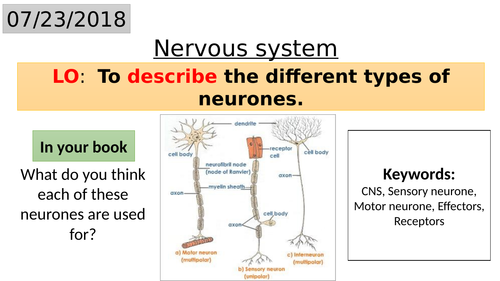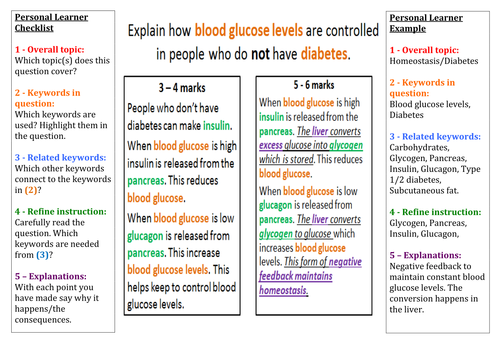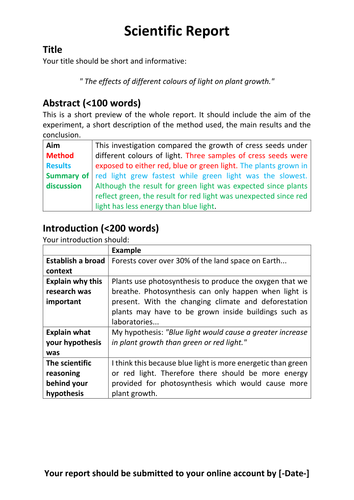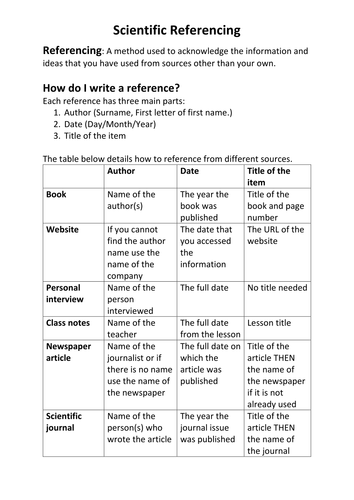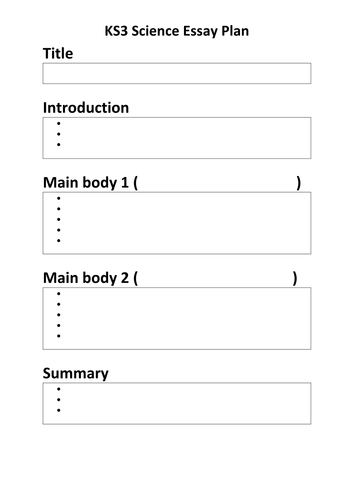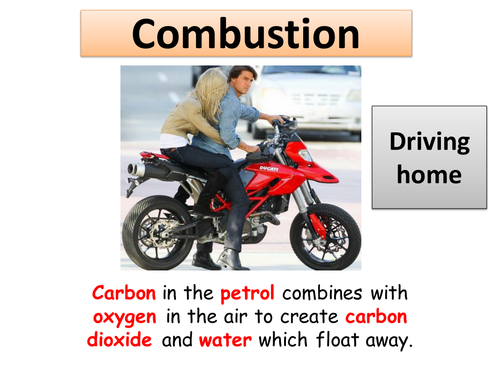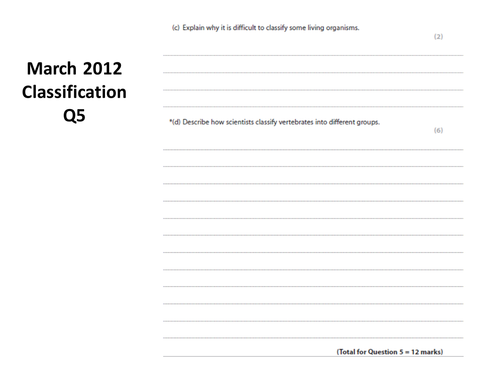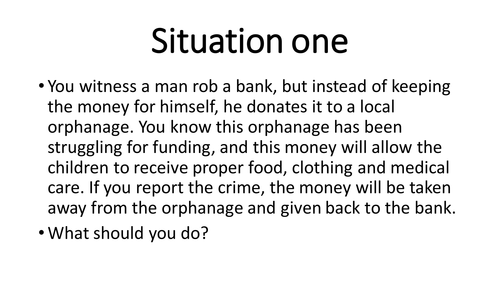243Uploads
112k+Views
55k+Downloads
Biology

B6.2 Antibiotics and painkillers
AQA GCSE Sciences (9-1)
Biology: B6 Preventing and treating diseases
Lesson 2: B6.2 Antibiotics and painkillers
Based on the Kerboodle Resources
The AQA Kerboodle worksheet are not included so as to be acting within the TES code of conduct.
Keywords: Antibiotics, Painkillers, Symptoms

B4.2 The Blood vessels
AQA GCSE Sciences (9-1)
Biology: B4 Organising animals and plants
Lesson 2: B4.2 The Blood vessels
Based on the Kerboodle Resources
The AQA Kerboodle worksheet are not included so as to be acting within the TES code of conduct.
Keywords: Arteries, Veins, Capillaries, Double circulatory system

B11.2 The control of blood glucose
AQA GCSE Sciences (9-1)
Biology: B11 Hormonal coordination
Lesson 2: B11.2 The control of blood glucose
Based on the Kerboodle Resources
The AQA Kerboodle worksheet are not included so as to be acting within the TES code of conduct.
Keywords: Insulin, Type 1 diabetes, Type 2 diabetes, Glucagon

B14.2 Evolution by natural selection
AQA GCSE Sciences (9-1)
Biology: B14 Variation and evolution
Lesson 2: B14.2 Evolution by natural selection
Based on the Kerboodle Resources
The AQA Kerboodle worksheet are not included so as to be acting within the TES code of conduct.
Keywords: Evolution, Natural selection, Mutation, Variation

B10.2 Nervous system
AQA GCSE Sciences (9-1)
Biology: B10 The human nervous system
Lesson 2: B10.2 Nervous system
Based on the Kerboodle Resources
The AQA Kerboodle worksheet are not included so as to be acting within the TES code of conduct.
Keywords: CNS, Sensory neurone, Motor neurone, Effectors, Receptors

B1.7 Osmosis
AQA GCSE Sciences (9-1)
Biology: B1 Cell structure and transport
Lesson 7: B1.7 Osmosis
Based on the Kerboodle Resources
The AQA Kerboodle worksheet are not included so as to be acting within the TES code of conduct.
Keywords: Osmosis, Isotonic, Hypertonic, Hypotonic

B1.6 Diffusion
AQA GCSE Sciences (9-1)
Biology: B1 Cell structure and transport
Lesson 6: B1.6 Diffusion
Based on the Kerboodle Resources
The AQA Kerboodle worksheet are not included so as to be acting within the TES code of conduct.
Keywords: Diffusion

B1.10 Exchange materials
AQA GCSE Sciences (9-1)
Biology: B1 Cell structure and transport
Lesson 10: B1.10 Exchange materials
Based on the Kerboodle Resources
The AQA Kerboodle worksheet are not included so as to be acting within the TES code of conduct.
Keywords: Ventilated, Alveoli, Stomata

B9.1 Aerobic respiration
AQA GCSE Sciences (9-1)
Biology: B9 Respiration
Lesson 1: B9.1 Aerobic respiration
Based on the Kerboodle Resources
The AQA Kerboodle worksheet are not included so as to be acting within the TES code of conduct.
Keywords: Mitochondria, Aerobic respiration, Endothermic, Exothermic

B10.1 Homeostasis
AQA GCSE Sciences (9-1)
Biology: B10 The human nervous system
Lesson 1: B10.1 Homeostasis
Based on the Kerboodle Resources
The AQA Kerboodle worksheet are not included so as to be acting within the TES code of conduct.
Keywords: Homeostasis, Receptors, Stimuli, Effectors

B18.2 Land and water pollution
AQA GCSE Sciences (9-1)
Biology: B18 Biodiversity and ecosystems
Lesson 2: B18.2 Land and water pollution
Based on the Kerboodle Resources
The AQA Kerboodle worksheet are not included so as to be acting within the TES code of conduct.
Keywords: Eutrophication, Indicator species

B18.1 The human population explosion
AQA GCSE Sciences (9-1)
Biology: B18 Biodiversity and ecosystems
Lesson 1: B18.1 The human population explosion
Based on the Kerboodle Resources
The AQA Kerboodle worksheet are not included so as to be acting within the TES code of conduct.
Keywords: Biodiversity

Guide to answering 6 mark questions in science
The resource models the difference between 5 and 6 mark answer.

B8.3 How plants use glucose
AQA GCSE Sciences (9-1)
Biology: B8 Photosynthesis
Lesson 3: B8.3 How plants use glucose
Based on the Kerboodle Resources
The AQA Kerboodle worksheet are not included so as to be acting within the TES code of conduct.
Keywords: Lipids, Starch, Proteins

Scientific Report
Models how students should write out a scientific report:
*) Abstract
*) Introduction
*) Method
*) Results
*) Discussion

Scientific Referencing
This is probably most appropriate for A-Level and GCSE students but I have been pushing my top KS3 students to get used to this way of writing.
Shows how to reference: books, videos, websites etc..

KS3 Scientific Essay Plan
I found that a lot of my KS3 were simply copying and pasting information for homework.
This was designed to get them to have to think critically about the information they are including.
Ideally, they follow the plan and you give feedback which they use along with the plan to write the actual essay.

Morals, ethics and mirror neurons
Pupils compare and contrast ethics and morality, Describe instances where morality is observed in other organisms, Evaluate moral dilemmas by discussing personal opinions.\n\nVideo on fairness in monkeys and discussion of natural selection on teamwork.





